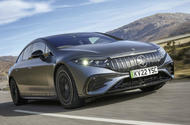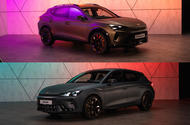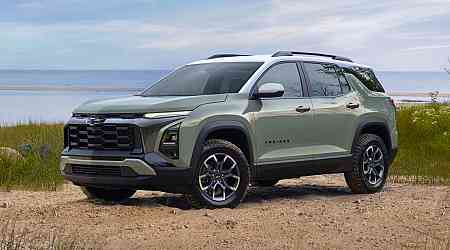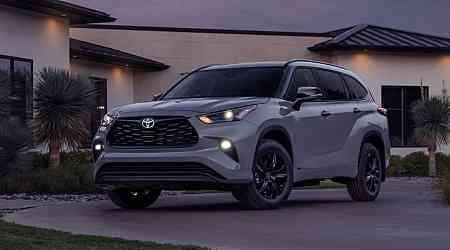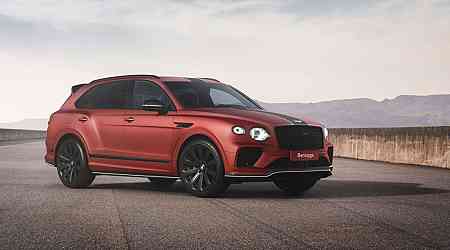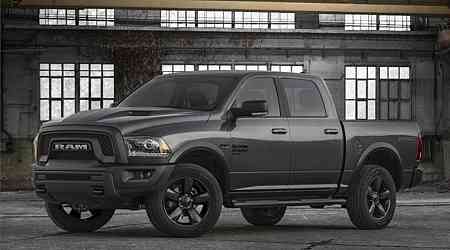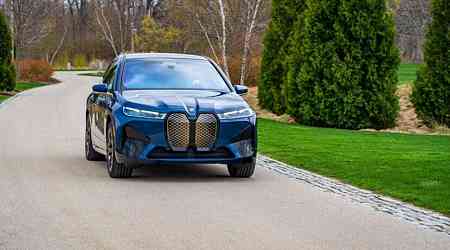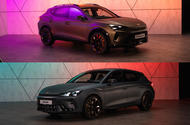EQS test cars used a 1.0 petrol engine to charge the batteryGerman brand pulls plug despite a well-established development programme to focus on 'simpler' EV tech
Mercedes-Benz has pulled the plug on tests exploring range-extender drivetrains as a potential way to bolster the utility and appeal of its electric cars, Autocar understands.
The technology that had been trialled uses a specially adapted combustion engine as a generator to charge the battery when it runs low.
However, despite beginning an advanced engineering programme, the firm has decided to focus on simpler and more cost-effective battery-electric drivetrains, a source familiar with Mercedes’ car development activities confirmed.
“We have created [range-extender] prototypes based on existing models, both for packaging and road testing. In the end, though, we concluded that the range-extender drivetrain is a transitional technology with a relatively short-term benefit in terms of sales and comparatively high production costs,” said the high-level insider.
Among the range-extender Mercedes prototypes is an EQS-based mule. It is claimed to feature a front-mounted turbocharged 1.0-litre two-cylinder engine – essentially half of the turbocharged ‘M254’ 2.0-litre four-cylinder engine used through its line-up – to act purely as a generator without direct drive to the wheels.
The compact petrol engine is modified with Miller-cycle thermodynamic prototypes aimed at improving constant-rev efficiency. It also features a front-mounted exhaust system, waiving the requirement for lengthy pipework through to the rear.
Power for the prototype is delivered by a rear-mounted electric motor developing 268bhp and operating in combination with a floor-mounted lithium ion battery.
Electric energy for the battery, described as having a capacity roughly half of that used by the production EQS, is provided by traditional AC and DC plug-in charging. The two-cylinder engine is used to create back-up electricity in situations where plug-in charging is not available or possible.
In the Mercedes prototype, the petrol engine is combined with a fuel tank of unspecified capacity, giving it a theoretical range, Autocar has been told, beyond the 487 miles of the rear-driven EQS 450+.
Attention has turned to range-extender electric vehicles following their increasing popularity in China. Aware of the lack of EV charging infrastructure in second- and third-tier cities, many car makers there have begun to offer range-extender options alongside pure-electric drivetrains in selected models.
Among those offering range-extender models in the world’s largest EV market is Li Auto. Founded in 2015, the Beijing-based company sold 376,030 vehicles in 2023 – all featuring a range-extender drivetrain to alleviate range anxiety and provide an alternative to plug-in charging in regions where a suitable charging infrastructure does not yet exist.


















